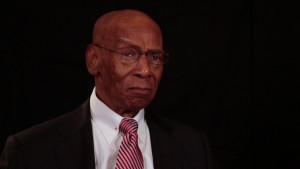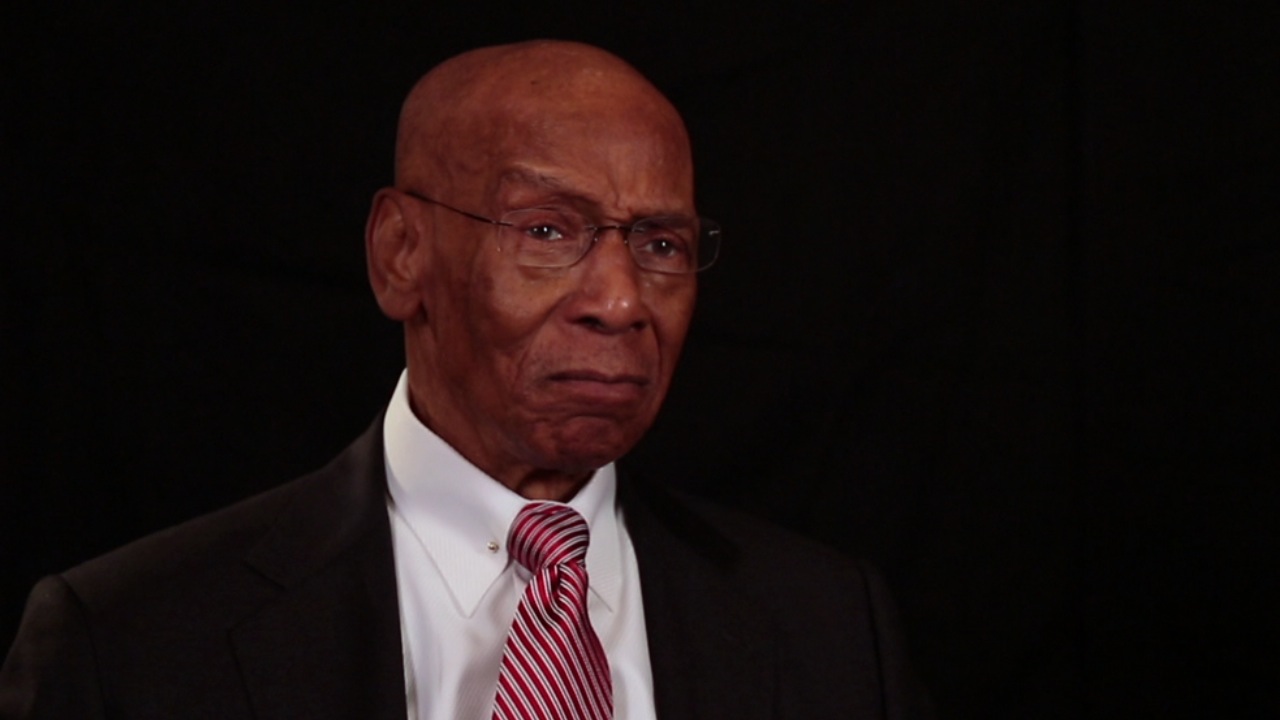Ernie Banks appears to have excluded his entire family from his will

Ernie Banks appears to have excluded his entire family from his last will.
Ernie Banks was a shortstop and first baseman with the Chicago Cubs from 1953 to 1971. He spent his entire career with the Cubs and earned the nickname “Mr. Cub”. His stellar career earned him an induction into the baseball Hall of Fame in 1977.
Mr. Banks passed away on January 23, 2015. His passing revealed a will signed approximately three months before he passed away (October of 2014). He gave all of his assets to his long-term caretaker Regina Rice. Mr. Banks left no money or assets to his family.
This resulted in an estate dispute about the validity of his will. Mr. Banks’ family asserted that he was coerced by Regina Rice to give her his assets. The matter was heard by a Cook County Judge (Justice James G. Riley), who apparently heard testimony from paralegals at the law firm where the will was executed.
The paralegals who witnessed the signing of the will testified that Mr. Banks was healthy at the time it was executed and did not appear to be coerced. Regina Rice was also allegedly present when the will was signed. Justice James G. Riley determined that the will was valid.
Initial estimates showed that Ernie Banks had assets totalling approximately $16,000.00. Nonetheless, a probate Judge gave Regina Rice 30 days to provide an accounting of the estate. Furthermore, members of the Banks family have hinted at the possibility of further legal steps being taken.
This scenario illustrates several common issues which may arise if a will is signed or changed shortly before a person passes away. Facts like those outlined above may create situations where a will challenge may be required. There are many reasons to contest a will such as lack of testamentary capacity, lack of knowledge and approval of the contents of the will, undue influence, improper execution, a wrongly named beneficiary, or an out-of-date estate plan.
If a will is drafted or amended to exclude beneficiaries, it is likely that those beneficiaries will contest the will and estate litigation will commence. This is especially true if the new beneficiary appears to have been instrumental in the changes to the will. The excluded beneficiaries may argue that there was coercion or undue influence, or that the deceased testator lacked the capacity required to make amendments.
It is important to have sound legal advice when drafting or amending testamentary documents, or when excluding a large number of potential beneficiaries.
Another important consideration for the Ernie Banks estate may be the costs associated with litigating a lengthy estate battle. If the initial estimates that Ernie Banks had assets totalling approximately $16,000.00 are correct, it may turn out very inefficient to engage in protracted estate litigation. The costs of litigating this matter may far exceed any proceeds any of the parties involved may eventually hope to collect.
In a scenario where it is impractical and inefficient to litigate up to a possible trial, it may be prudent for the parties to engage in estate mediation. The mediation process allows the parties involved to attempt to resolve their dispute while keeping legal costs down. There are many circumstances where estate mediation may be a more practical solution to an estate dispute. Whatever the case may be, legal advice from an estate lawyer is always recommended.
For more news on the Ernie Banks estate dispute click here.

